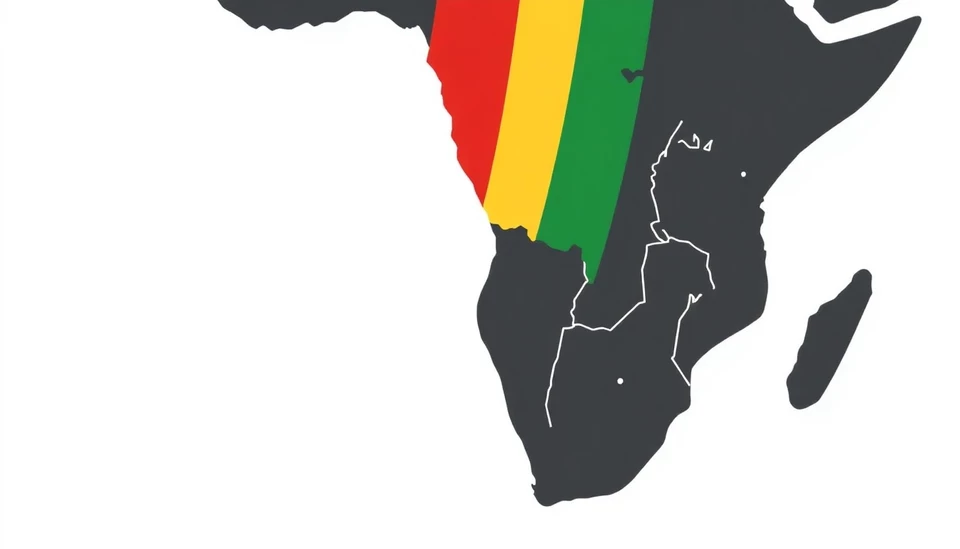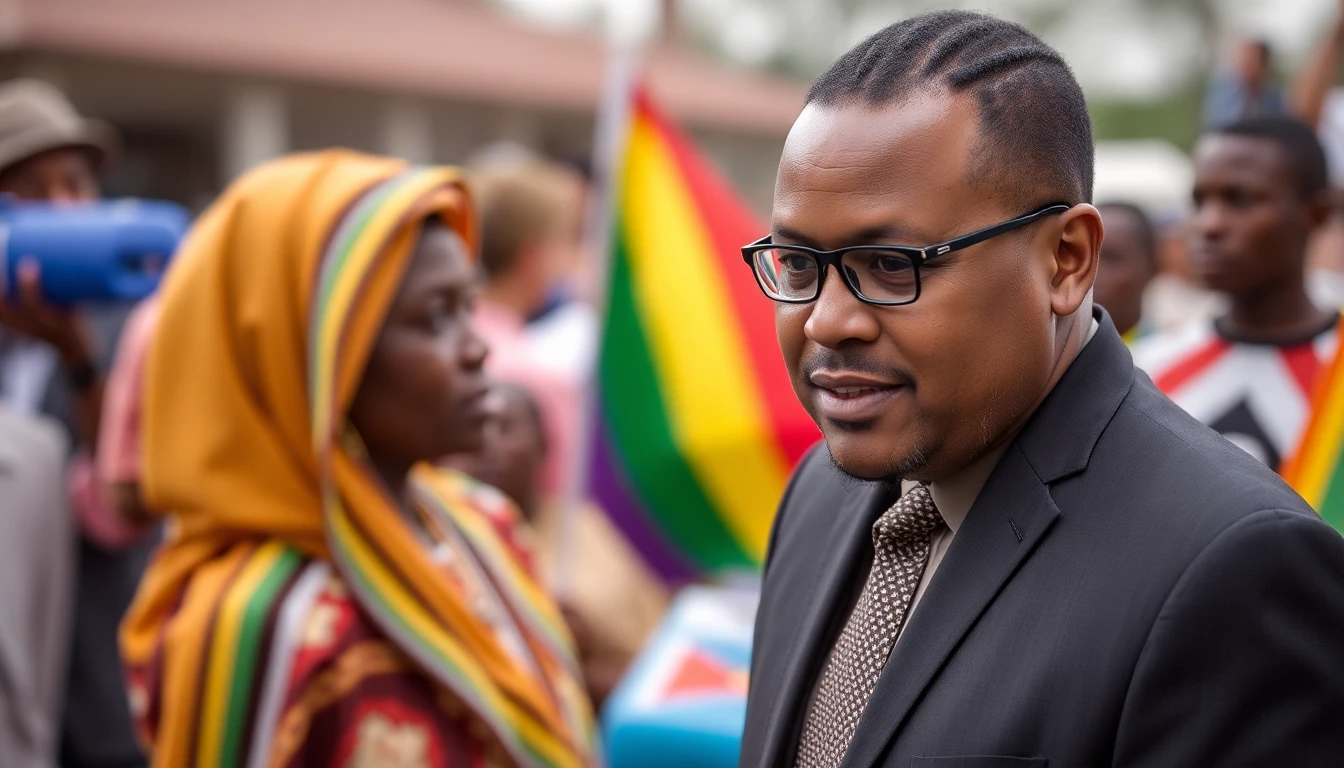
A groundbreaking study has unveiled that East African nations are suffering significant economic losses, estimated at approximately $5 billion annually, due to persistent discrimination against LGBTQ+ individuals. This staggering figure highlights the urgent need for policy reforms and a shift in social attitudes towards the LGBTQ+ community in the region.
The research, which was conducted by analysts from the renowned International Institute for Economic Studies, emphasizes how discriminatory laws and social stigmas not only jeopardize the human rights of LGBTQ+ individuals but also have profound economic repercussions. High levels of discrimination deter tourism, reduce foreign investment, and lead to a lack of productivity within the workforce as members of the LGBTQ+ community are pushed out of jobs or forced to conceal their identities.
Countries in East Africa, notably Uganda and Tanzania, have drawn international attention for their hostile attitudes towards LGBTQ+ individuals, with punitive laws that can include lengthy prison sentences for same-sex relationships. These countries are identified in the study as key contributors to the overall economic fallout experienced in the region due to a combination of legal restrictions and societal discrimination.
The analysis also notes that discrimination results in mental health issues among LGBTQ+ individuals, leading to higher healthcare costs and increased absenteeism in the workplace. The economic cost of such discrimination is not limited to the individuals affected; it is also borne by entire economies that miss out on the talents and contributions of marginalized populations.
According to experts, addressing LGBTQ+ discrimination is not merely a question of social justice; it presents a significant opportunity for economic growth. The report advocates for the implementation of inclusive policies that protect the rights of all individuals, regardless of sexual orientation, as a means to unlock the full economic potential of these nations.
To mitigate the economic losses, the study proposes various strategies, including legal reforms to promote equality, targeted government initiatives aimed at fostering an inclusive environment, and active community outreach to challenge and change existing stereotypes and prejudices. Educational programs highlighting the benefits of diversity could serve as an effective means of combating discrimination at the grassroots level.
This timely research underlines the interconnectedness of human rights and economic prosperity, urging East African nations to reconsider their stance on LGBTQ+ rights. It posits that an inclusive society could not only elevate the quality of life for LGBTQ+ individuals but also enhance the economic landscape of these countries, paving the way for a more equitable and thriving future.
In accordance with the findings, a call to action is being made to governments, NGOs, and local activists to work collaboratively in addressing discrimination and leveraging the benefits of inclusivity—both for human rights progress and economic advancement.
As awareness grows and the discourse around LGBTQ+ rights continues to evolve, there is hope that East African nations will recognize the potential for positive change, ultimately leading to a healthier economy and a more just society.
#LGBTQ #Discrimination #EconomicImpact #EastAfrica #HumanRights #Inclusivity #PolicyReform #Equality #SocialJustice
Author: Laura Mitchell




